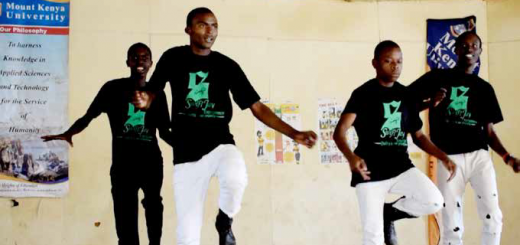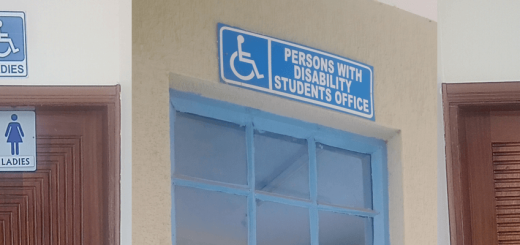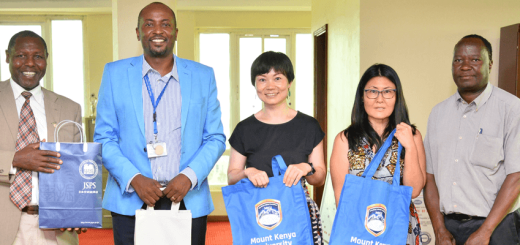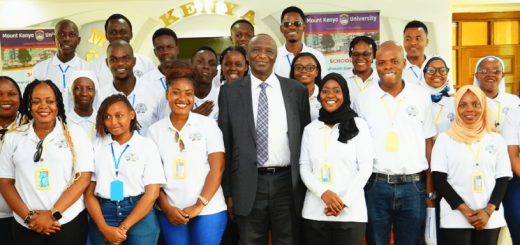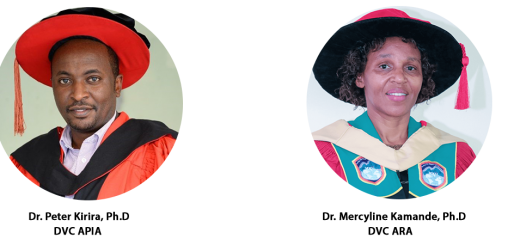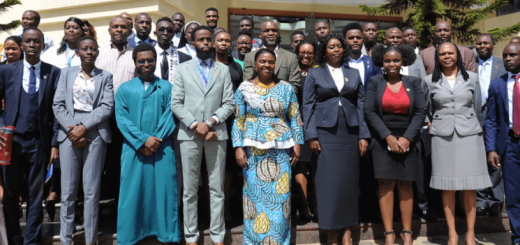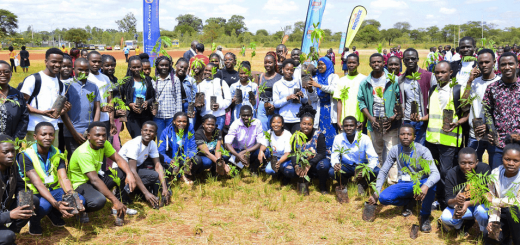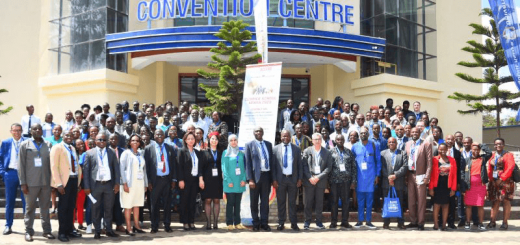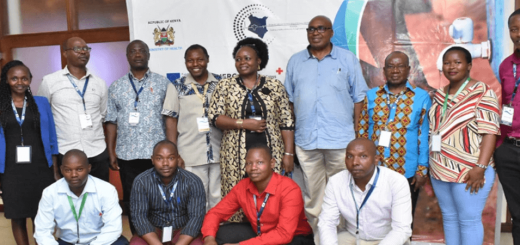MKU scores big through innovative online learning portal for teachers
Through the Virtual Management Learning System (VMLS), employed teachers under TSC study for online and regular Bachelor and Masters of Education degree programmes to meet the growing demand for higher qualifications in preparation for career advancement
At exactly 7pm on a Friday, Dr Benson Njoroge, the Mount Kenya University (MKU) Dean of Education, calls to order a virtual class of more than 1,500 students who are in different parts of the country. He is with 20 lecturers from disparate locations and campuses who are also assigned to the students. For the next two hours, Dr Njoroge and his colleagues will conduct an interactive class with the students, some as far away as 500 kilometres, through an innovative online teaching and learning programme. The facility enables MKU students to attend virtual classes from any part of the country.
Through the Virtual Management Learning System (VMLS), students log in on a portal where they ‘attend’ class and engage with lecturers and colleagues at an appointed time. In Dr Njoroge’s class, the students are mainly practicing teachers who have enrolled for the MKU Bachelor of Education or Masters of Education programme to meet the growing demand for higher qualifications. This is in line with the professional requirements for career advancement and promotion.

MKU Graduates during a past graduation event
To provide a convenient and flexible study mode for teachers seeking additional qualifications, MKU uses an innovative web-based system called Distance Institution-Based and Electronic Learning (DIBeL). This is a blended mode of study where one-third of the learning is delivered through face-to-face on campus interaction, while two-thirds is done through web-based learning. Face-to-face learning takes place during school holidays while the web-based studying is done through the school term. The VMLS programme is hosted on the SAKAI platform, a teaching innovation used by some of the world leading universities such as Harvard.
In Africa it’s only used by the University of South Africa (UNISA) and MKU. In the MKU online platform, enrolled practicing teachers are taught for two sessions of two hours per week for 14 weeks during the school term. All that the students do is to log on to the e-learning portal within the university’s website where course syllabuses, timetables, continuous assessment tests (CATs), lecture notes and other learning resources are posted. Lecturers also provide links to important content and can even post recorded lectures in video form. Both lecturers and students can also post discussion questions where all participate.
“The online platform is configured to enforce class attendance and records the duration of a students’ attendance and interaction with lecturers and other students. For one to sit exams, he/she is required to have attended 75 per cent of the lectures,” says Dr Njoroge. All assignments are submitted, marked and returned through the online platform within set deadlines. The online platform has an inbuilt anti-plagiarism software that rejects any pirated assignment. “Instructional materials for web-based learning are developed by experienced module developers while learning is facilitated by highly qualified faculty. Assessment and evaluation is done as per the University.
Examinations Regulations and Guidelines,” says MKU Vice Chancellor Prof Stanley Waudo. He adds that MKU has adequate ICT facilities and properly trained staff to support online learning. “The university also has an elaborate physical infrastructure such as classrooms, laboratories, libraries, offices, hostels and sports facilities for teaching and research,” says the VC. The 10-year-old School of Education is thelargest in the university and has 17 market-driven programmes that meet the requirements of the regulators, namely the Commission for University Education and the Teachers Service Commission. It has attracted and retained qualified staff in all cadres, including professors, associate professors, lecturers, assistant lecturers and graduate assistants.
To ensure all students complete their study programmes on time, the School offers structured academic advisory services where every student is assigned a member of faculty for academic guidance and counselling, says Dr Njoroge. Likewise, there are stringent controls to ensure effective supervision of postgraduate programmes. As a result, most students graduate time. “There have been high graduation rates in the School of Education due to strong academic leadership, elaborate examination system, marks auditing, use of ICT and minimal cases of missing marks,” says Dr Njoroge.
The school has also started an ICT education training programme for teachers who want to integrate ICT in teaching and learning. The school has formed partnerships with the School of Education of Kenyatta University and Makerere University’s (Uganda) College of Education and Extension Services. “The external assessment of our students during teaching practice and quality control of examination by examiners from partnering institutions has provided strong quality control measures,” says Dr Njoroge.

